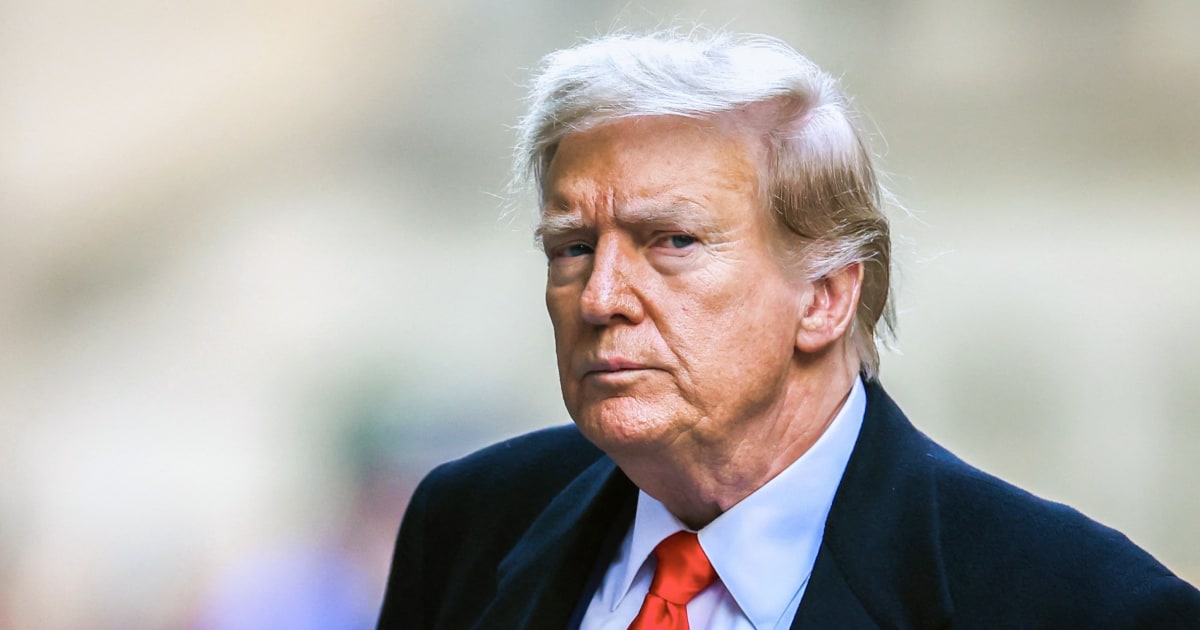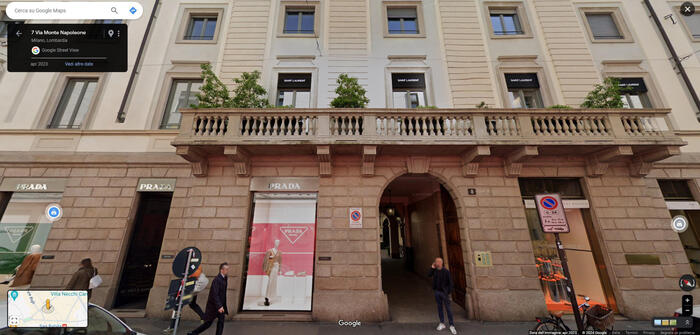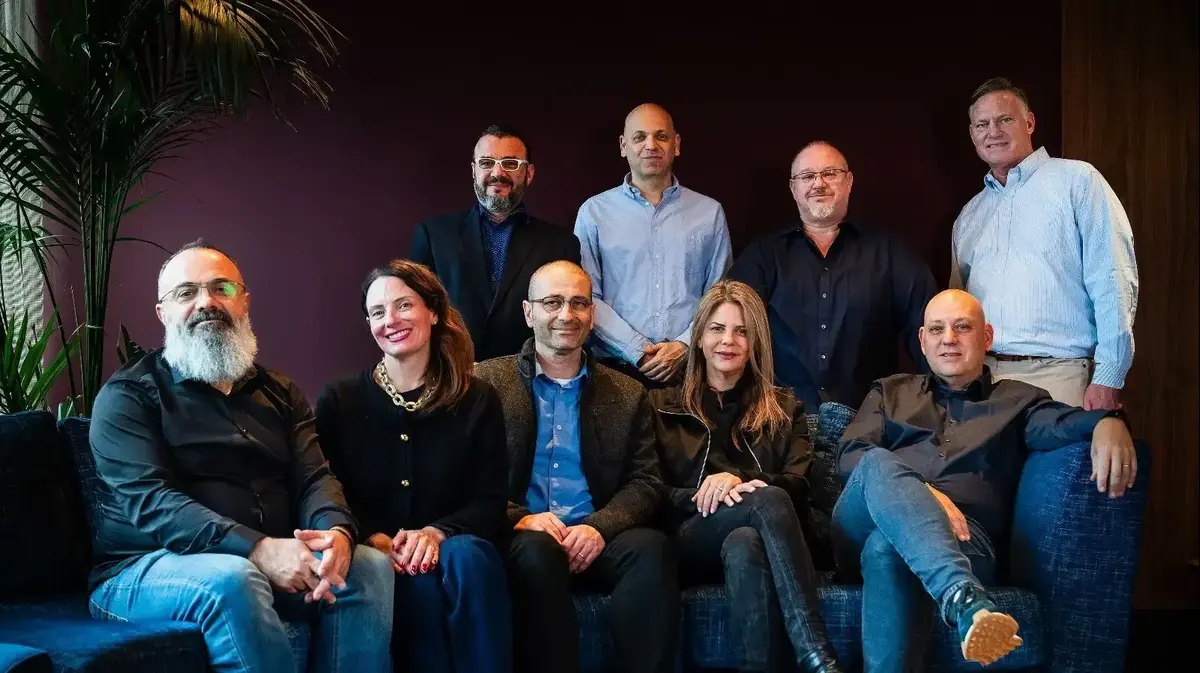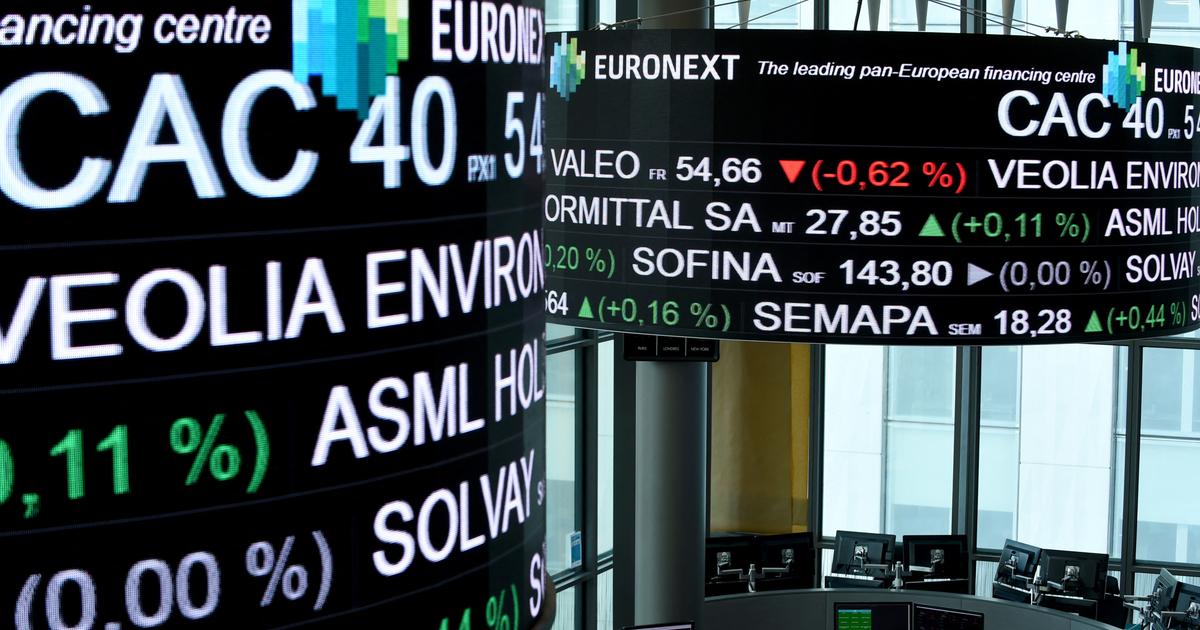Icon: enlarge
Robinhood trading app:
New, easier access to the financial markets - and a certain thrill
Photo: JUSTIN SULLIVAN / AFP
Small investors bringing billions in hedge funds to their knees - this has never been done before.
The case of US video game retailer Gamestop is making headlines around the world because it is such a beautiful David versus Goliath story.
Prominent hedge funds suffer billions in losses because a whole army of extremely active, networked small investors has allied against them.
What a story!
But there is more to it than that.
The Gamestop case is only the obvious expression of a changed market structure, which necessitates permanent adjustment of investment behavior - for hedge funds, but also for other investors.
Daniel Pfänder
has many years of experience in macroeconomic analysis and financial market strategy.
He is the founder of the independent research company Research Ahead.
The new trading world
Apps like Robinhood or Trade Republic give tech-savvy small investors new, easy access to the financial markets - especially to stocks, but also to cryptocurrencies.
Compared to traditional banks or direct banks, the transaction fees of these apps are very low, some even offer free trading.
Account opening and order management are also easy to handle.
There is also the social media aspect: portfolios can be shared with friends via the apps, and small investors can meet and exchange ideas in forums such as Reddit.
This means that investors are automatically networked with one another, which makes it easier to make arrangements to buy specific securities, as happened with Gamestop.
In addition, the corona pandemic has apparently led to a significant increase in the trading activities of these mostly younger small investors - and in two ways.
For one thing, people have more time because many leisure activities are still restricted.
Trading stocks offers a certain thrill in addition to the opportunity to make a profit.
And it can be fun.
On the other hand, the US government has distributed consumer checks to all private individuals.
This created additional money that was used by some of the recipients to enter the stock markets.
Because equity markets have risen sharply since their low last March, many of these investors have made gains, expanded their activities and attracted more investors.
The game only works with certain values
Because individual small investors usually trade with relatively little financial resources, they like to choose stocks with low prices but high fluctuations as target stocks for their concerted actions.
Shares with high market values (for example Amazon with a share price of currently around 2700 euros), but also stocks that move little, are not interesting.
However, there is some evidence that retail investors were involved when Tesla shares suddenly soared after their stock split in late August 2020.
According to economic theory, a stock split should not have any influence on the company's value, or in other words: the market capitalization of a company should not depend on the number of shares.
But the Tesla paper didn't stick to the textbook.
Due to the massive price increase to more than $ 2000, the company announced a stock split in which one old share was swapped for five new ones.
As a result, the share suddenly became affordable again for many small investors.
On the day of the split, the price rose by twelve percent.
The mistakes of the hedge funds
At Gamestop, hedge funds had bet on a price decline because they did not see the business model - the sale of video games - as promising.
So they borrowed a large number of shares in the company and sold them in the market, assuming they could later buy them back at a lower price.
A large number of small investors who had previously arranged to meet, in particular via a Reddit forum, held against it and bought the share.
The sheer volume of buy orders drove the price up sharply, so that the hedge funds had to buy back the borrowed shares at significantly higher prices.
This caused them considerable losses and only caused the price to rise further - a so-called short squeeze.
At the beginning of the year, the share was quoted at less than 20 US dollars, within a few weeks the price rose to 480 US dollars at its peak.
In order for such a development to be possible at all, in addition to a significant group of buyers, a high degree of short positions, the so-called short interest, is required.
In the case of Gamestop, 71 million shares had been sold short by the end of the year, according to Bloomberg data.
The company has only issued
69 million shares.
So considerably more stocks had been sold short than there were at all.
This made the stock extremely vulnerable to a short squeeze.
The big mistake of the hedge funds involved was not paying attention to this technical factor.
The thesis that Gamestop's business model is not viable in the long term and that the share price should therefore fall may be fundamentally correct.
But the changed market structure in connection with the very high stocks of short sales made the corresponding trades very dangerous.
Meanwhile, the hedge funds are said to have reacted and reduced their short positions - not only at Gamestop.
But a short squeeze is also risky for the investors on the other hand.
After all, the fundamental value of Gamestop has hardly changed, which is why the still sharply increased share price cannot be sustainable.
When the shorts have covered their positions, there should be fewer and fewer buyers, while there will be an increasing number of sellers who want to profit from the significant overvaluation.
As a result, buyers who got in late and bought stocks at inflated prices could quickly be left with significant losses.
Investors can and should learn their lessons from this episode:
1. Keep an eye on the market structure
The changed market structure is very important and should not be ignored.
As the hedge fund losses in the Gamestop case showed, this applies not only to small investors, but also to professional investors.
Similar developments are possible for different assets and do not necessarily have to be accompanied by higher prices.
One example is the collapse of the WTI oil future last March.
Here the prices fell into negative territory due to insufficient storage capacities for oil, which was previously not thought possible.
2. Stay away if overvalued
If securities stray too far from their fundamental values, they should be kept away from them.
If you enter a short squeeze too late, you acquire an overpriced security and can run into high losses very quickly.
3. Small investors will stay
In my opinion, the number of small investors who actively trade in the financial markets will continue to increase because market access has become much easier and cheaper with the help of trading apps.
In addition, the risk markets are in a bull market and are generating positive returns for investors.
With their concentrated purchasing power, they will be able to exert a lasting influence on individual assets.
However, the coordinated agreement on the targeted purchase of specific securities should no longer be practiced as surprisingly and unobserved as in the past few weeks.
4. The hedge funds adapt
Due to their misjudgment with Gamestop, some hedge funds have suffered heavy losses and may even close.
Professional investors will learn from this, adjust their risk management and adjust to the changed market structure.
They will examine the well-known forums on Reddit, for example, with data analysis tools and adjust their positioning at an early stage.
This makes the system more stable overall.
There will always be short squeezes in the future - and not just for stocks.
But at present the probability of occurrence for individual values has decreased.
5. Watch the shortsellers
The history of the financial markets has repeatedly shown that a one-sided positioning of many market participants rarely goes well - especially if it is reinforced by leveraged products.
This time it was a group of shortsellers who acted carelessly and rightly had to pay dearly for it.
The really problematic market movements, however, are those in which the herd behavior of professional investors and small investors leads to the formation of bubbles in entire asset classes.
If such a bubble bursts, not only will there be very heavy losses for investors, but also extremely negative consequences for the overall economy.
Just think of the stock market bubble at the turn of the millennium or the real estate crisis in the US 13 years ago.
With their counter-trend purchases and sales, shortsellers can have a dampening effect on both the formation of bubbles and the subsequent correction.
Investors should therefore closely monitor their activities and the creation of short positions.
Incidentally, that would have saved many Wirecard investors a loss.
Daniel Pfänder has many years of experience in macroeconomic analysis and financial market strategy. He is the founder of the independent research company Research Ahead and
a member of the
opinion
makers of manager-magazin.de.
Nevertheless, this column does not necessarily reflect the opinion of the editorial team of manager magazin.









